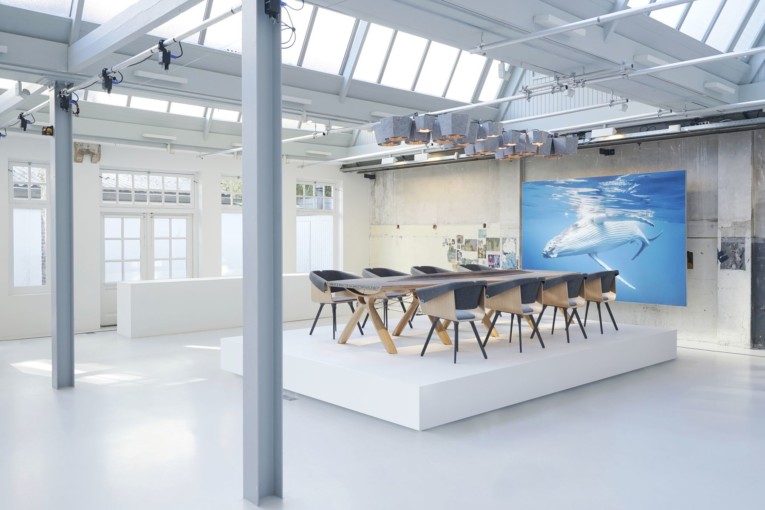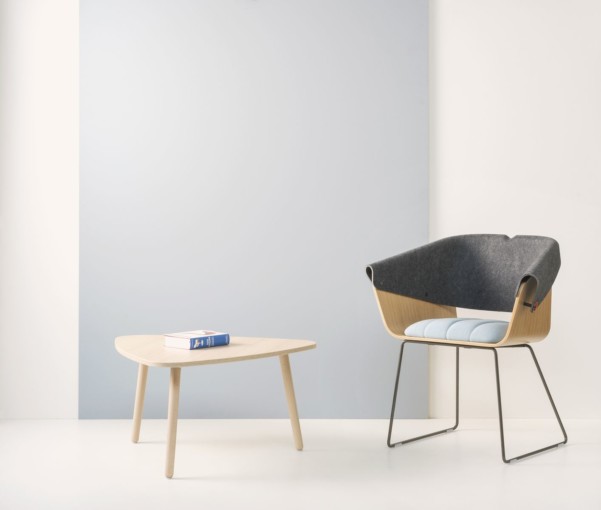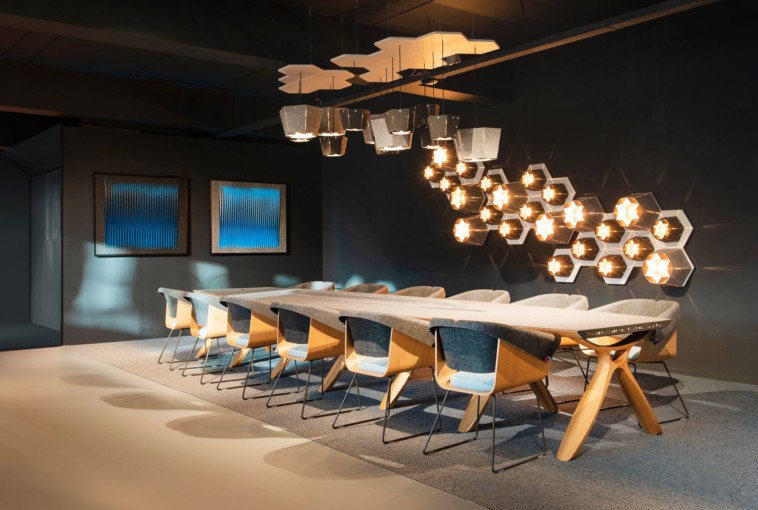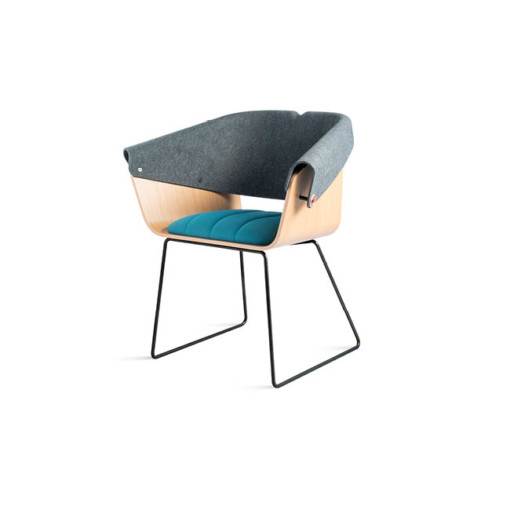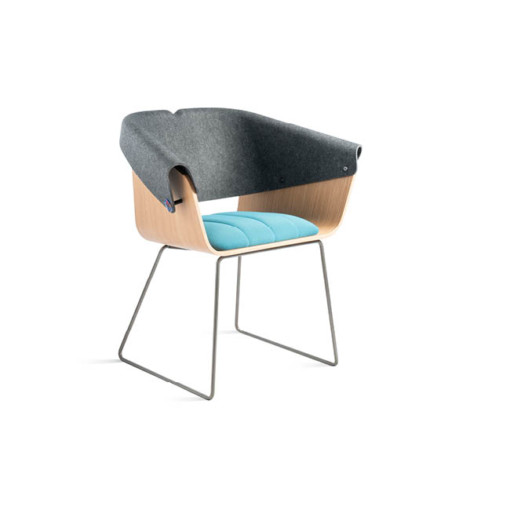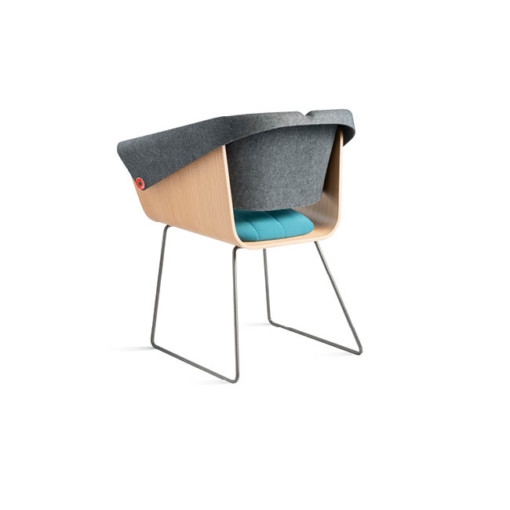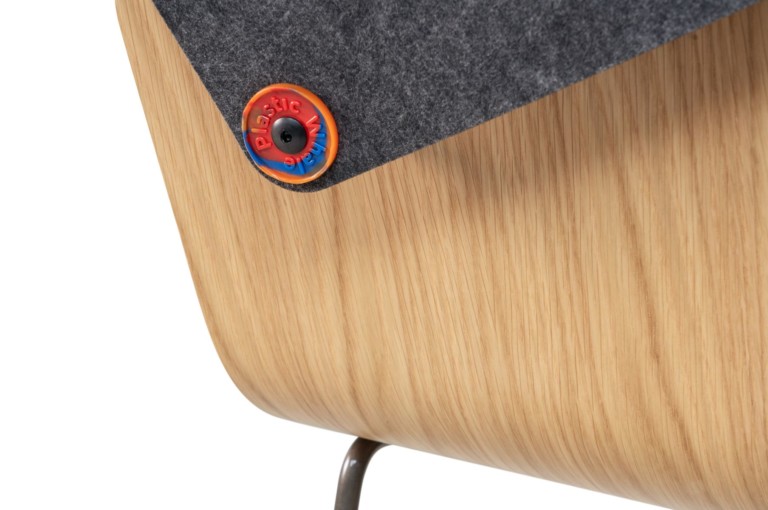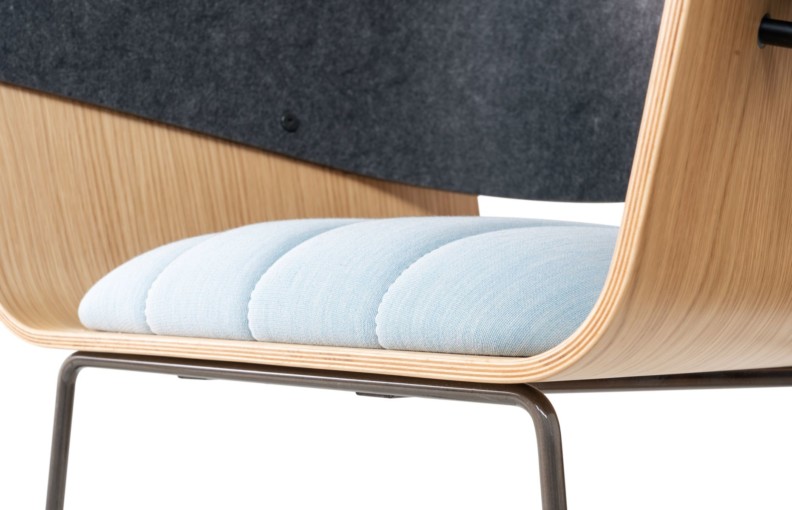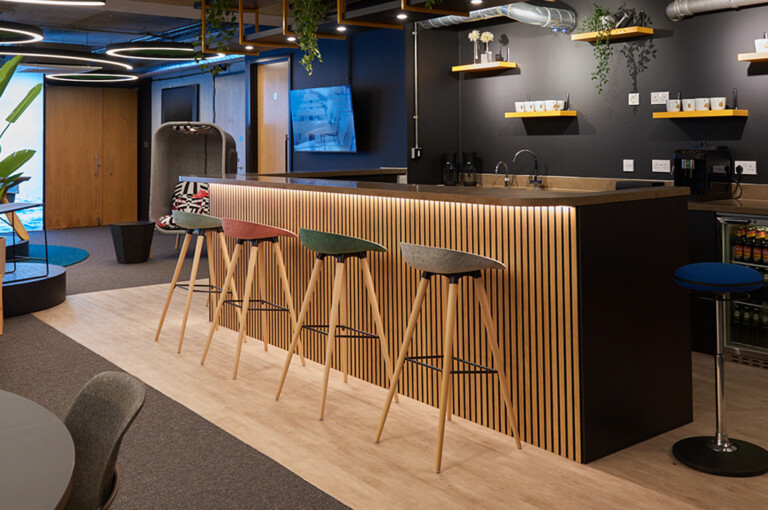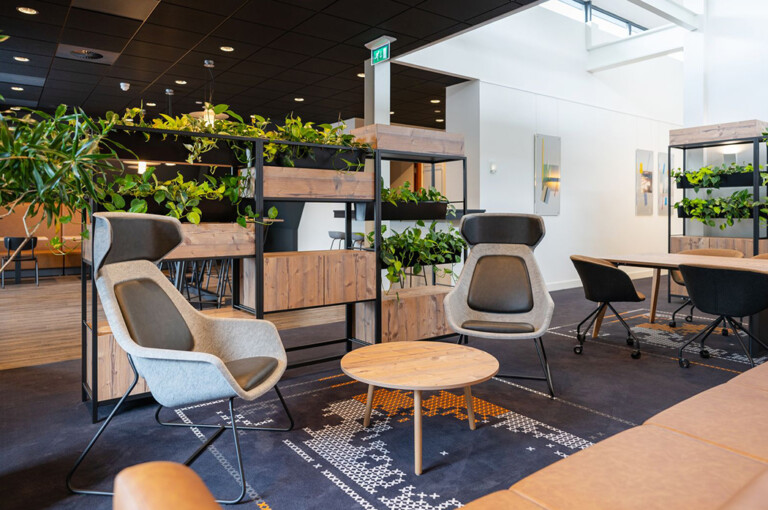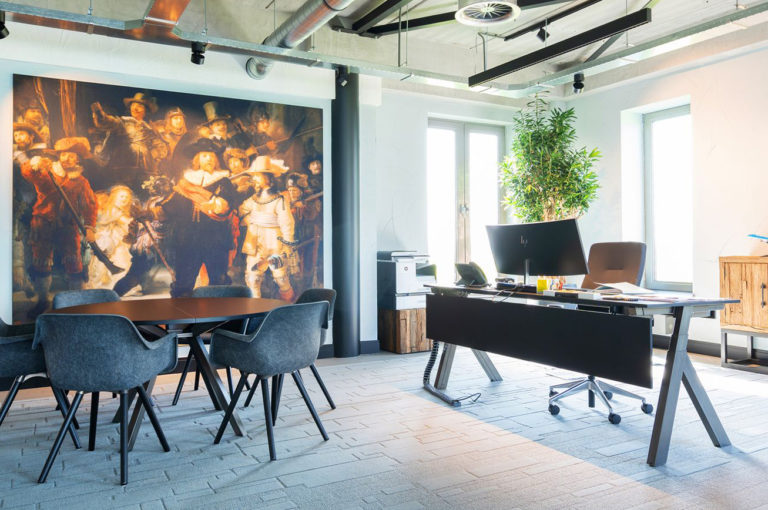Would you like to get in touch?
Call or email us, we’d love to talk to you!
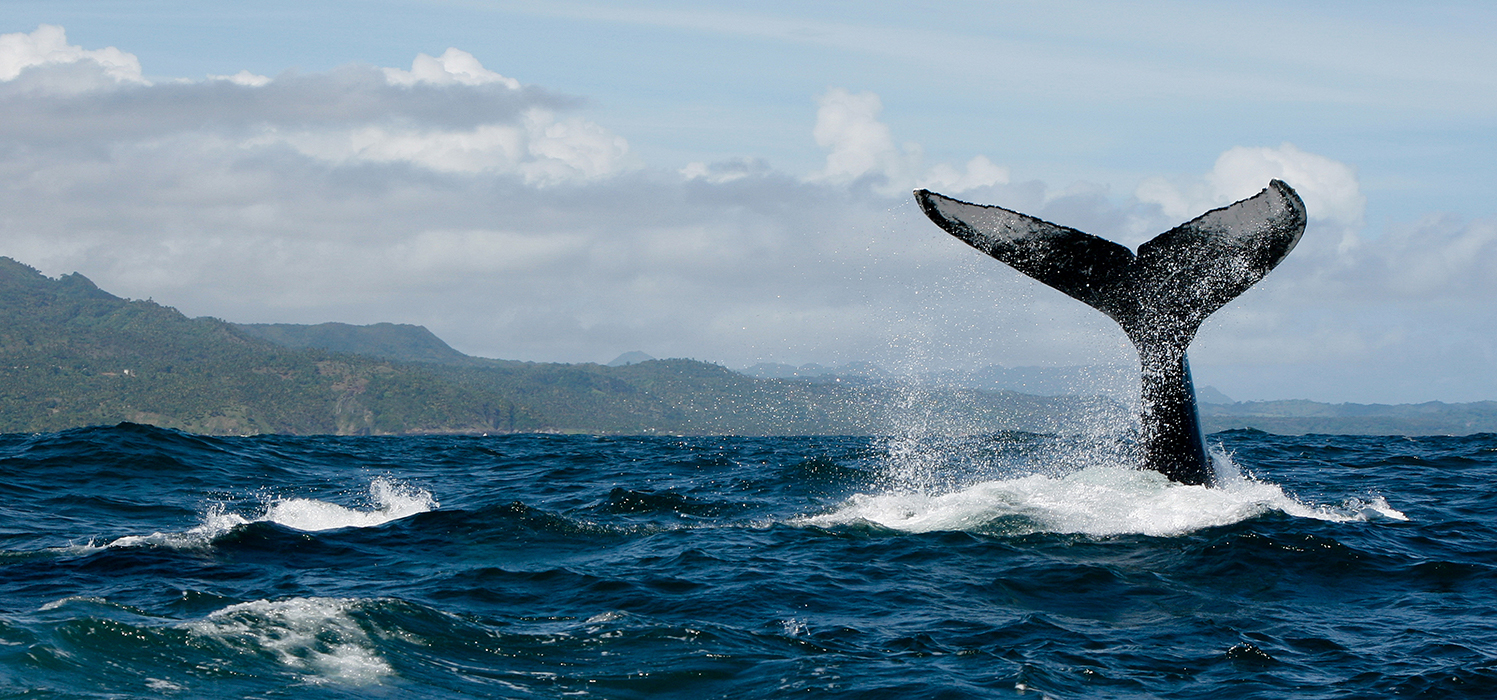
Whale Tail Chair
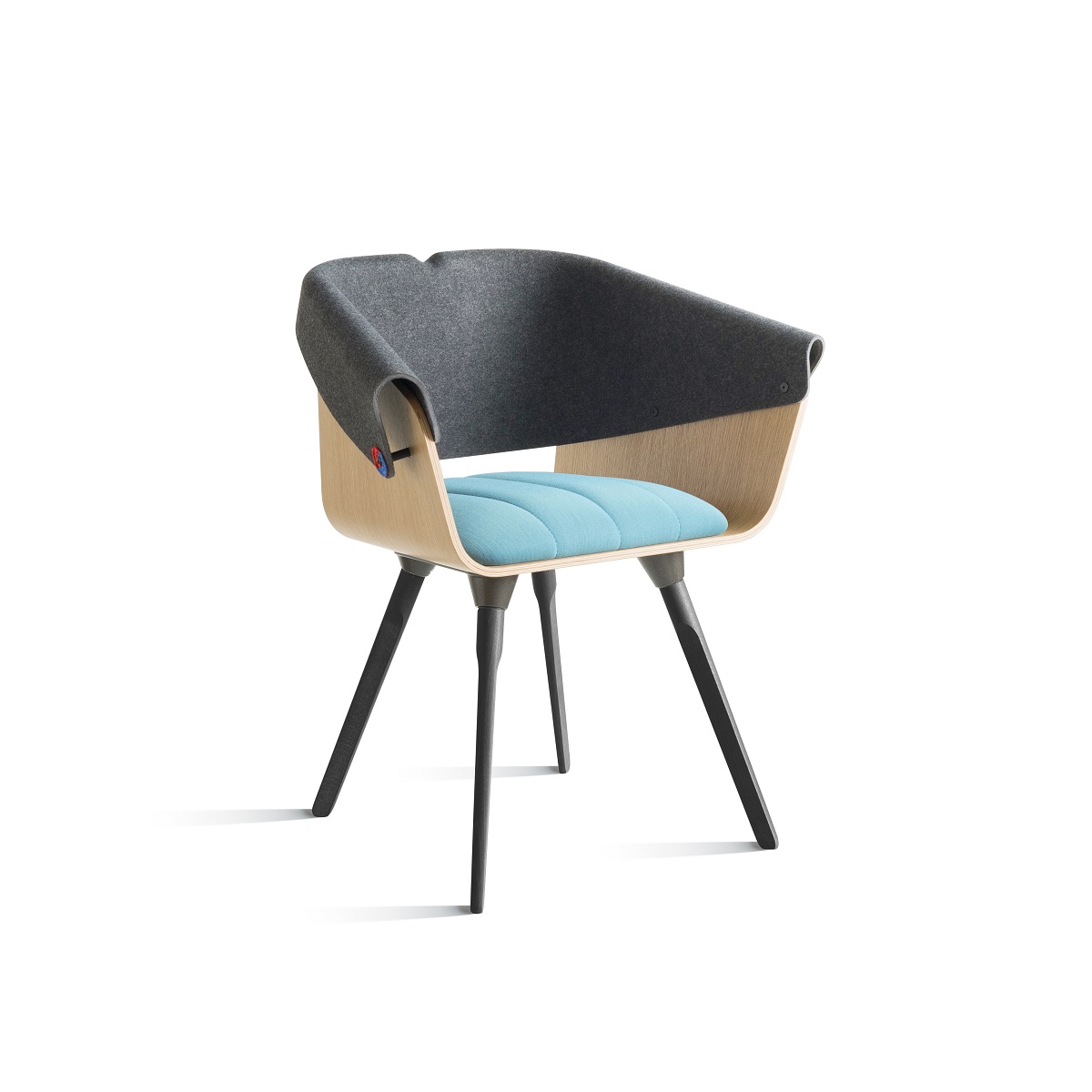
The chair’s shape subtly echoes the familiar majestic form of the whale’s tail. The seat back is made from 67 recycled PET bottles, fished out of the Amsterdam canals by Plastic Whale.

Not just the seat back, the cast iron base of the chair is also made from recycled materials, namely pressed steel waste from our own factory.
Our steel waste is pressed into blocks and then transported to Gieterij Rademakers, a foundry near to our factory. Rademakers processes our residual material in an automated process into high-quality cast iron components for our chair.
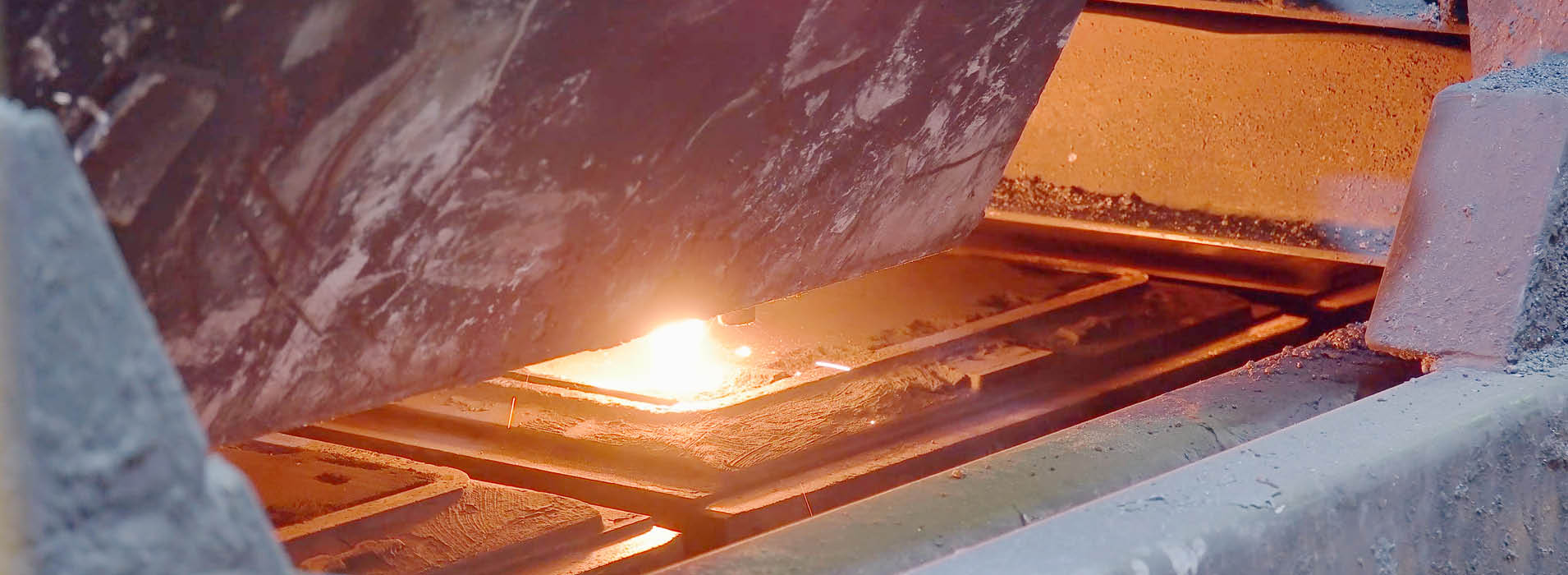
The Whale Tail Chair is available in two versions: a chair with cast iron base and wooden legs and a chair with steel wireframe base.
Our Whale Tail Chair is part of the Plastic Whale by Vepa collection including the Whale Boardroom Table, the Barnacle lamps and the Whale Panels.

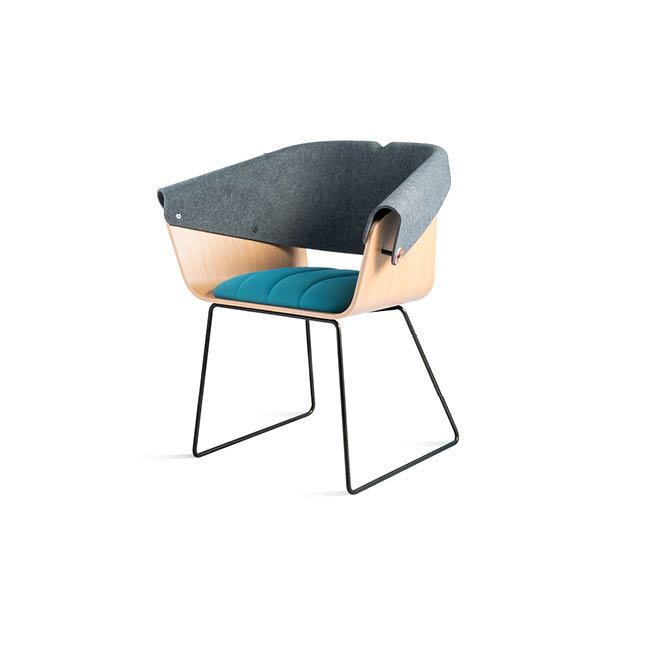
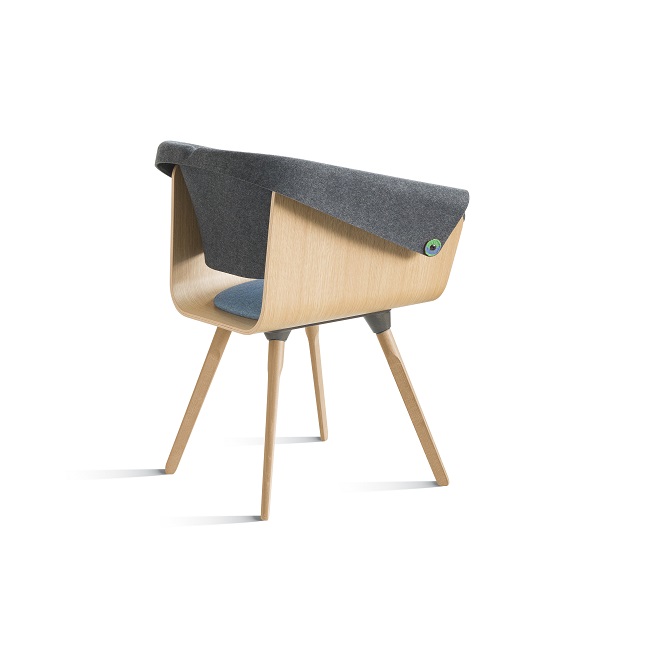
Product specifications
Specifications
- Made from 67 recycled PET bottles
- Felt consists for 100% of recycled PET bottles
- Fabric is ecologically produced in the Netherlands and reused after end-of-life
- Felt is REACH and RoHS compliant
- Height: 790 mm, width: 763 mm and depth: 547 mm
- Designed by LAMA concept
Materials
- Cast iron base made from steel waste from Vepa’s factory, melted down locally
- Oeko-Tex certified PET-felt (4 mm) for seat back
- Beech wood for wooden legs, available as responsible certified FSC®-wood
- Wireframe base is made from steel
- Seat shell is made from plywood with oak veneer top layer (available as responsible certified FSC®-wood)
- Name tags on the side are pressed PET bottle caps
- Fabric according to EU Eco Label restrictions
- Wooden legs in white varnish or stained black
- Wireframe base colours according to Vepa colour charts ‘Epoxy and lacquer’
- Cushioning: colours according to colour chart UNIFORM MÈLANGE of Kvadrat
Options
- Chair with cast iron base and wooden legs
- Chair with steel wire frame base

OEKO-TEX
The Whale Tail Chair is locally designed, developed and produced.
Local production: Vepa distinguishes itself by producing everything in its own, local facilities. Our own wood, sheet steel, tubular steel, powder coating, wood spray, upholstery and final assembly departments form a complete production circle within a single company. By producing close to the sales market we keep distances small and CO2 emissions minimal.
LCA: By using independent LCAs (life cycle analysis) we reveal the environmental impact of a product. In product development we can greatly improve later designs by carrying out an LCA in the initial phase. In addition, an LCA also provides insight into the main factors responsible for the environmental damage. We then use these factors as starting points for redesign or as focal points for improvement. The LCAs are carried out in accordance with ISO 14044.
FSC® and PEFC: Vepa only uses certified wood. The FSC® and PEFC labels stand for responsible and sustainable forest management. Responsible forest management meets three criteria: it takes account of the environment, respects social aspects (such as the rights of local communities and forest workers) and is economically viable. Moreover, wood is the number one bio-based resource by nature.
TPAC (Timber Procurement Assessment Committee): Timber to be supplied or timber processed in products to be supplied must comply with the Dutch Procurement Criteria for Timber according to the Socially Responsible Procurement criteria. FSC® and PEFC are both systems that have been approved by the Dutch state secretary.
SRP criteria: Vepa complies with the SRP criteria drawn up by the central government. The national criteria for socially responsible procurement (SRP) for office furniture are available via the SRP criteria tool (https://www.mvicriteria.nl/en/webtool).
Plastic fishing on the Amsterdam canals: Every year, thousands of people roll-up their sleeves and take to the Amsterdam canals to come plastic fishing with Plastic Whale. Businesses come fishing with their teams, citizens join the public events, kids learn about the plastic soup and tourists experience the city in a complete different way. They all want to make the world a better, cleaner place and support Plastic Whale’s mission for plastic-free waters.
Images
Enthusiastic?
Do you have a question or comment about this product? Leave your message below and one of our colleagues will contact you as soon as possible.
















